
It’s an FDA approved technology, but what exactly is TMS and why should you be aware of it?

It’s an FDA approved technology, but what exactly is TMS and why should you be aware of it?
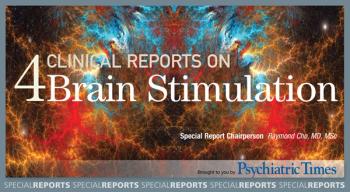
This slideshow provides a snapshot of innovative alternatives to traditional treatments for psychiatric disorders.
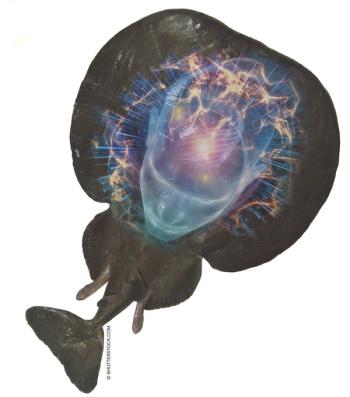
This article describes challenges for psychiatrists striving to ensure informed consent for, and for patients who may lack full appreciation of the risks and benefits of, neurostimulation.
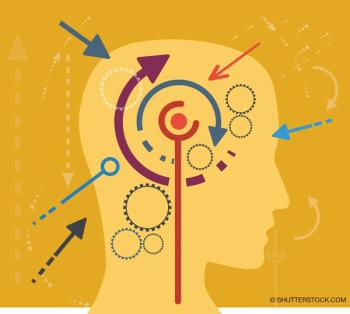
Transcranial direct current stimulation is a battery-powered noninvasive device used to treat a range of neuropsychiatric disorders. Details here.

Here: a review of the neurobiology and circuitry behind memory as well as current studies involving neuromodulation for memory disorders.
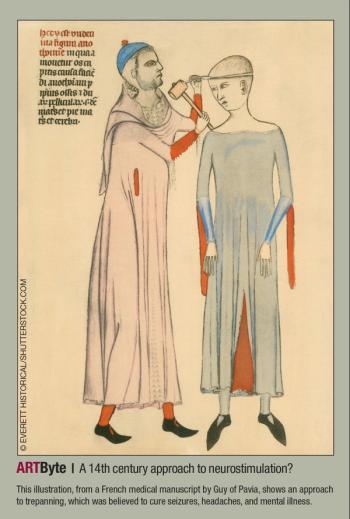
Neurostimulation approaches offer an exciting set of therapeutic alternatives to traditional pharmacotherapy for psychiatric disorders.
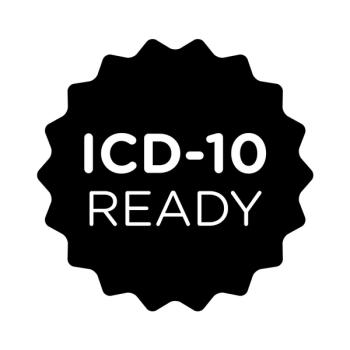
Several updates to ICD-10-CM affect the diagnostic codes used by mental health practitioners. One important update involves the codes for substance use disorders. Details here.

In Dr. Andrew Farah’s new biography of Ernest Hemingway, Hemingway’s Brain, he details the neuropsychiatric demise of a great literary mind.
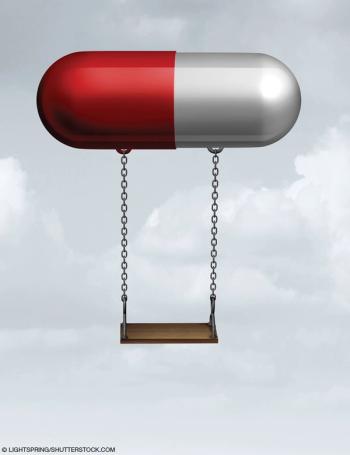
This article focuses on appropriate versus inappropriate use of antipsychotics, the importance of careful assessment, and the consequences of not treating.
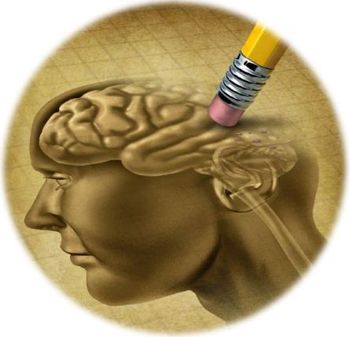
Here: what psychiatrists need to know about frontotemporal dementia. Case examples convey the variety of possible psychiatric presentations of behavioral variant FTD.

Micronutrient deficiencies can bring about a range of mental health complications. Take the quiz and learn more.
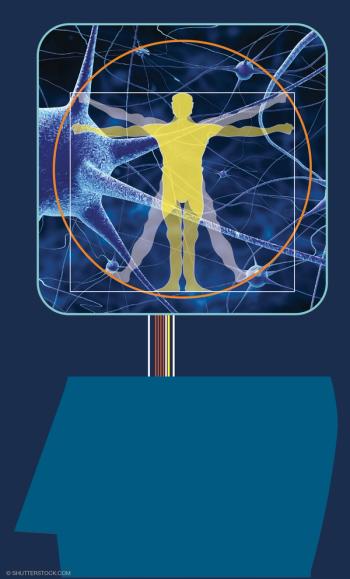
Interaction between the brain and behavior implies that comprehensive progress cannot be made to relieve the suffering of patients without systematically addressing the brain basis of such conditions.
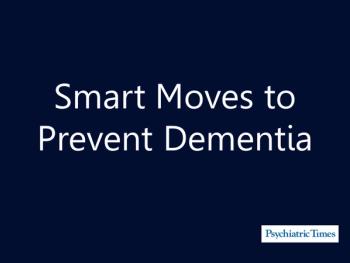
Three new studies show exercise can improve cognitive function, psychotropics for PTSD may raise dementia risk, and 3 biomarkers can help predict cognitive decline in elderly persons.
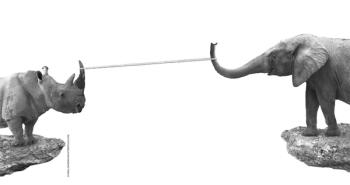
An overview of the DSM diagnostic system, the medicalization of normal variants of human behavior, and physician-assisted suicide.

One of the many facets of bipolar disorder is an energy problem-including at the neuronal level.

A quiz on biological approaches to evaluating biomarkers of neurotoxicity in the psychiatric setting.
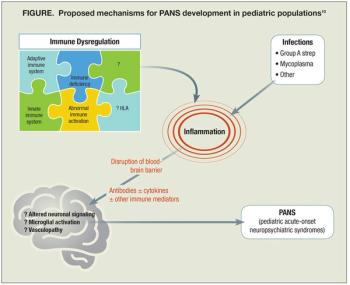
In the neuropsychiatric disorders PANS and PANDAS, we observe childhood illness with relationships between psychiatric symptoms, infection, and inflammation. Here are keys to early identification and treatment.
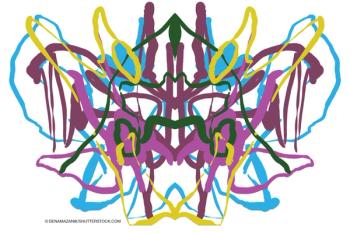
The authors shed light on a disorder that is difficult to diagnose and manage, and offer insights on how to develop an appropriate treatment plan.

From a psychodynamic and neurobiological perspective, the recommendation to screen all pregnant and postpartum women for depression and anxiety falls short of what is actually needed to improve the lives of many mothers and their infants and children.
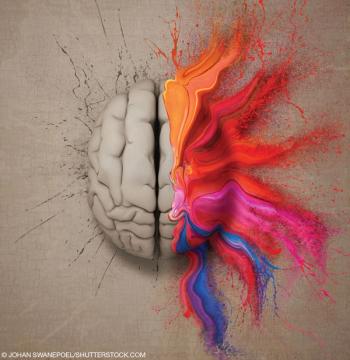
Why learn neuroanatomy? The goal for the physician is to be excitedly engaged in an ongoing process of expanding his or her knowledge about the brain and human behavior.

Can cardiovascular fitness help older adults ward off dementia?

What does the evidence tell us about the effect of eating disorders on brain function? Take the quiz and learn more.
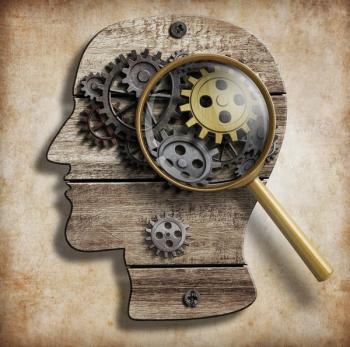
In high risk patients, cognitive deficits such as impaired working memory and declarative memory may be an early indicator of psychosis.

There is no magic pill or fountain of youth that can build a better older brain, but there are several key strategies.

For up to 60% of patients with bipolar disorder, simply treating their mood symptoms is not enough to help them return to a full life.